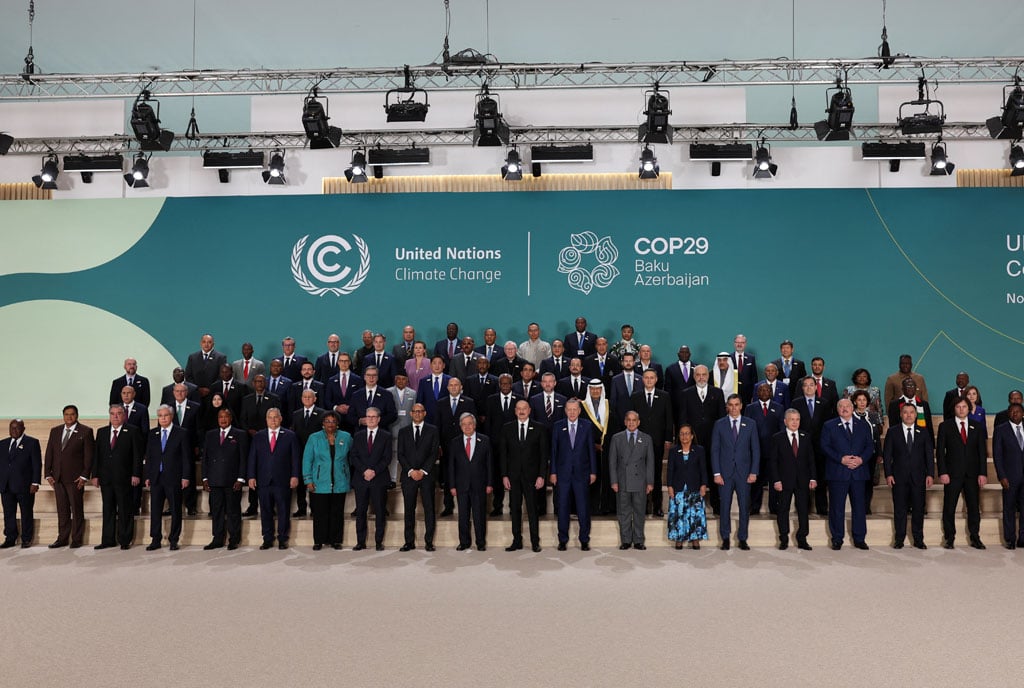Prime
Our healthcare system is in intensive care

Angella Nampewo
What you need to know:
- It is a terrible misfortune to lose a medical professional like Dr Charles Kiggundu, a consultant obstetrician and gynaecologist, and doubly sad that he should pass on without receiving the expected care from a system he worked hard to sustain, having given care to countless others in his working life.
As we wound down 2020, it seemed as if the rain of bad news would never let up. One life after another was lost in a shocking and senseless way.
My heart goes out to all the grieving families; those who lost loved ones in violence and those whose lives have been cut short by illness, particularly Covid-19.
It is a terrible misfortune to lose a medical professional like Dr Charles Kiggundu, a consultant obstetrician and gynaecologist, and doubly sad that he should pass on without receiving the expected care from a system he worked hard to sustain, having given care to countless others in his working life.
When it mattered, when a life needed saving, it was the doctor who couldn’t find a room in the hospital, the only hospital which held any hope for saving him in the critical moments.
Explanations were given about what was needed and what could have been done better but it all boils down to a failure in the system or simply a system with no room to accommodate many of us, if push came to shove.
It is deplorable how ill-prepared we are to take care of our sick, but the health system itself has been in the intensive care for some time. We are just learning how bad the problem is, now that the very organs of the system are failing.
The evidence has been around for some time but every now and then, we watch a TV report of a hospital in a sorry state in some faraway district and we are momentarily appalled, make some noise about it and eventually leave the medical personnel to soldier on in broken hospitals and health centres, with no water, medical sundries and midwives delivering babies by torchlight.
These, sadly, are not fables and tall tales for a lot of Ugandans. This is the reality they live every day: Paying sums of money they can ill afford to cross the lake from the islands to the mainlands to deliver their babies, losing life because they had no access to a qualified midwife when it mattered or having the hospital gates slammed in their faces in the middle of the Covid-19 pandemic because there is no room.
Patients have been turned away from hospitals in several tragic instances where an admission in that moment would perhaps have made a difference.
In the not too distant past, an audit was done to check how Covid-19 funds were disbursed and used across the country. The audit made some startling revelations; from overly delayed supplies to misplaced amenities meant for the treatment of Covid-19. Perhaps it’s time for a general audit of our entire health sector.
What is its state of health? How many functional ICU facilities do we really have? Where should Ugandans take their sick, where they can expect to find sufficient room and facilities they can access? If there are some newly refurbished and furnished hospitals, we would also like to know about them and what it’s going to take the average Ugandan to get decent healthcare.
We find ourselves in that state where one has been nursing a patient for a long time and seeing little improvement, now needs to hear the unvarnished truth from the doctor; so is this patient expected to live? When can we expect them to open their eyes and start eating food? Dear doctor, when can we expect to go home from the hospital? The bill for our stay in this sick bed is rising by the day. The cost we have paid so far, is too high.
Ms Nampewo is a writer, editor and communications consultant
[email protected]




